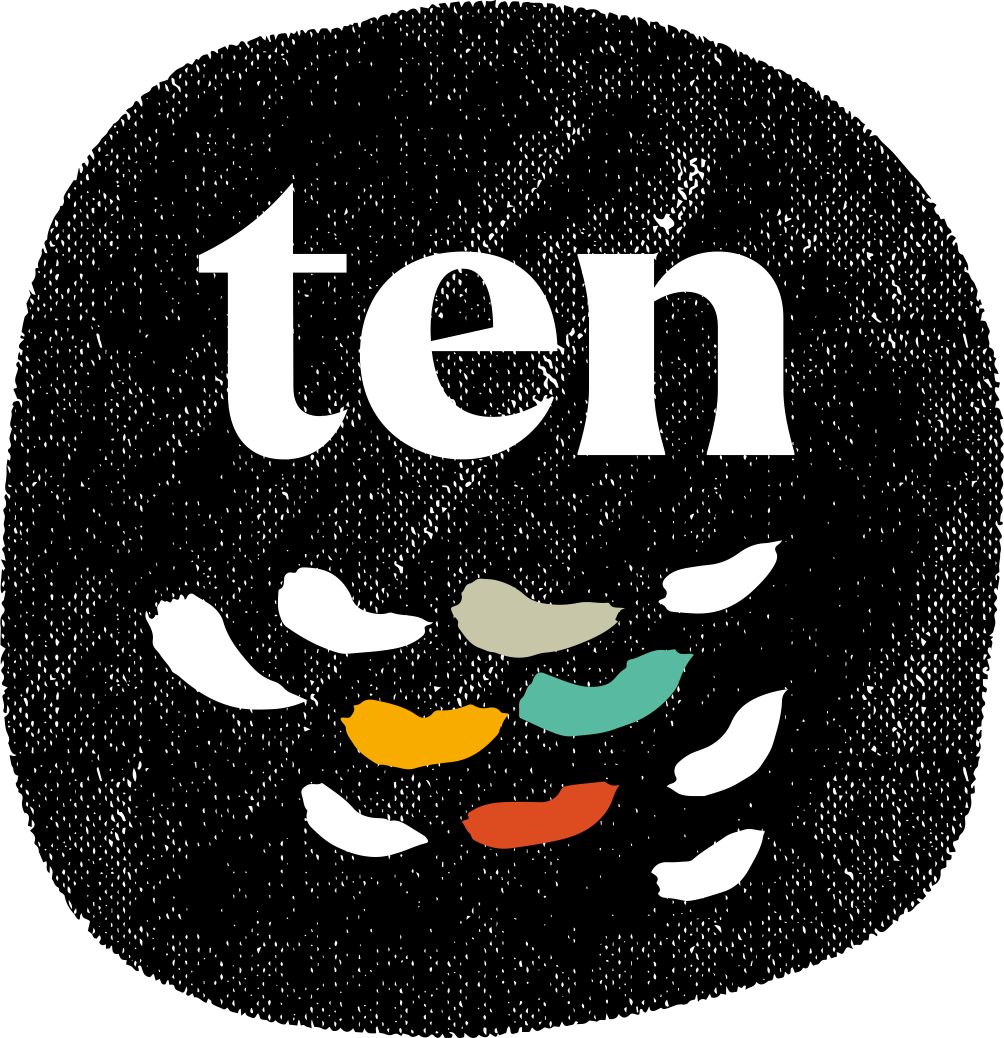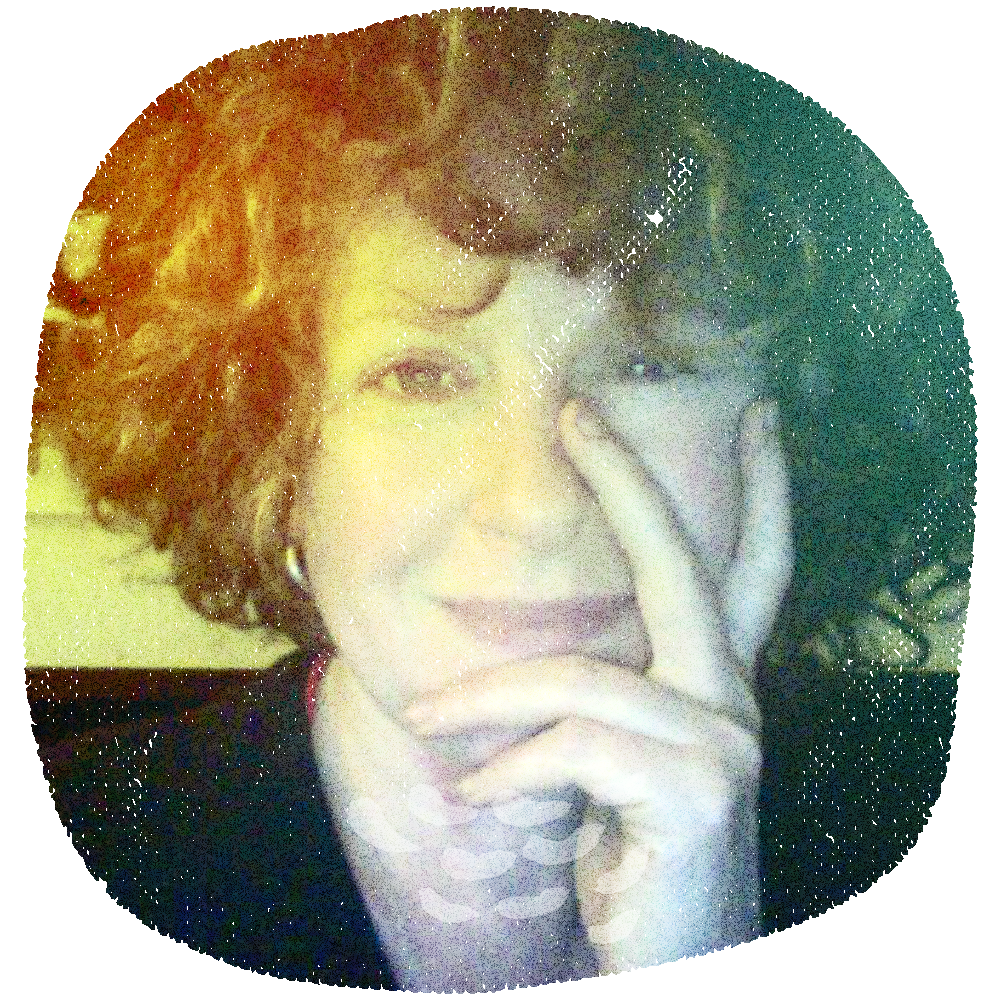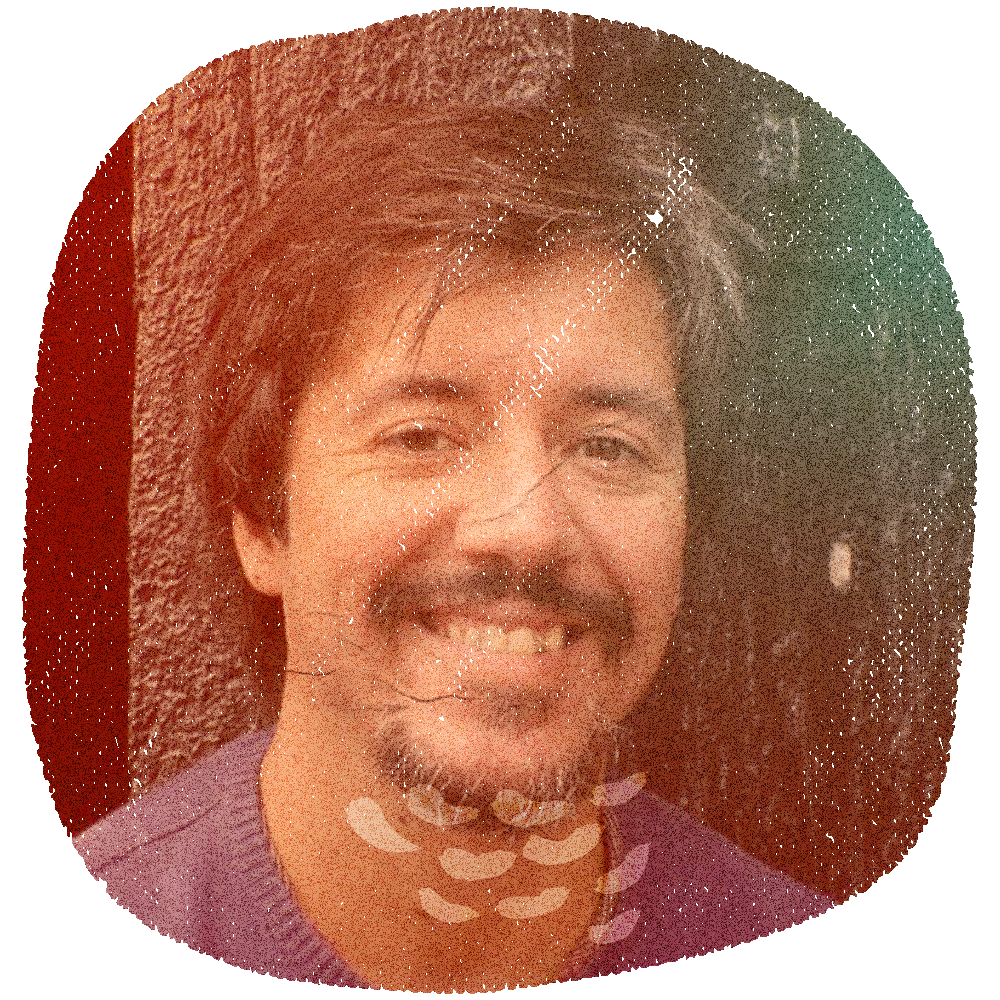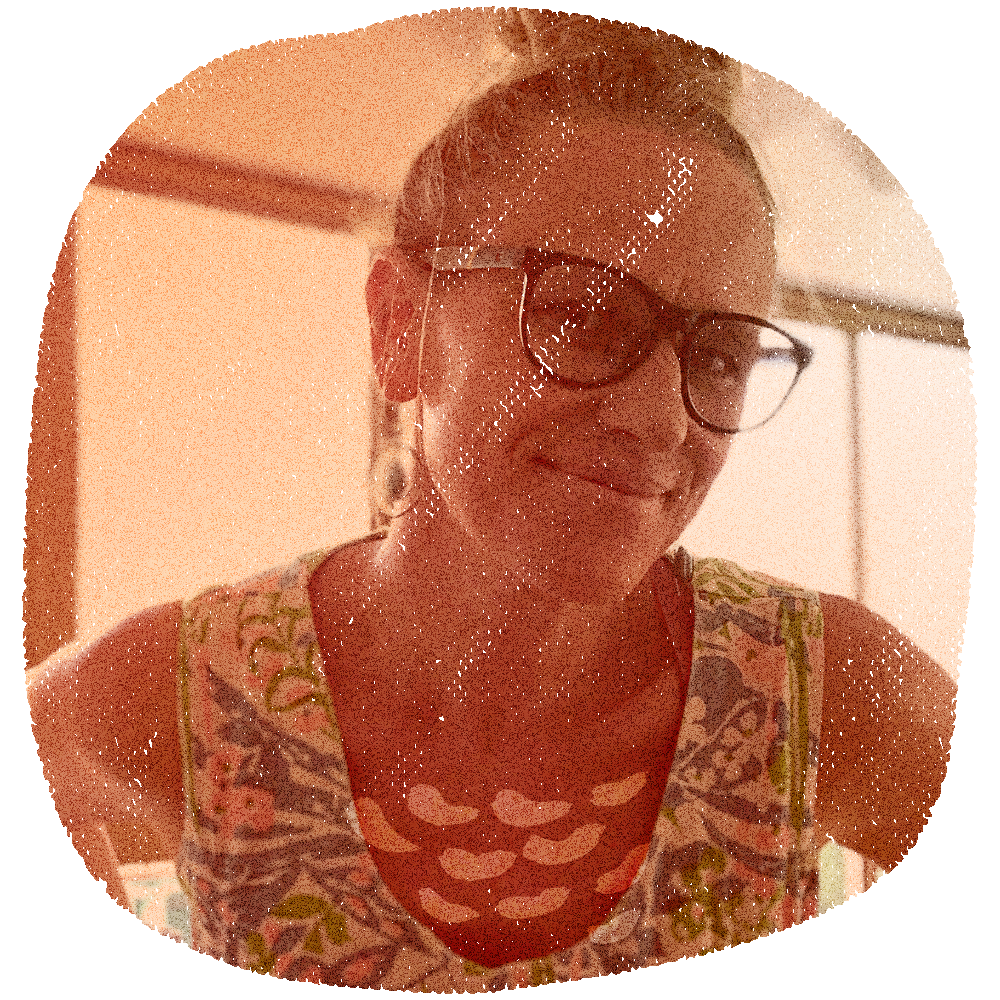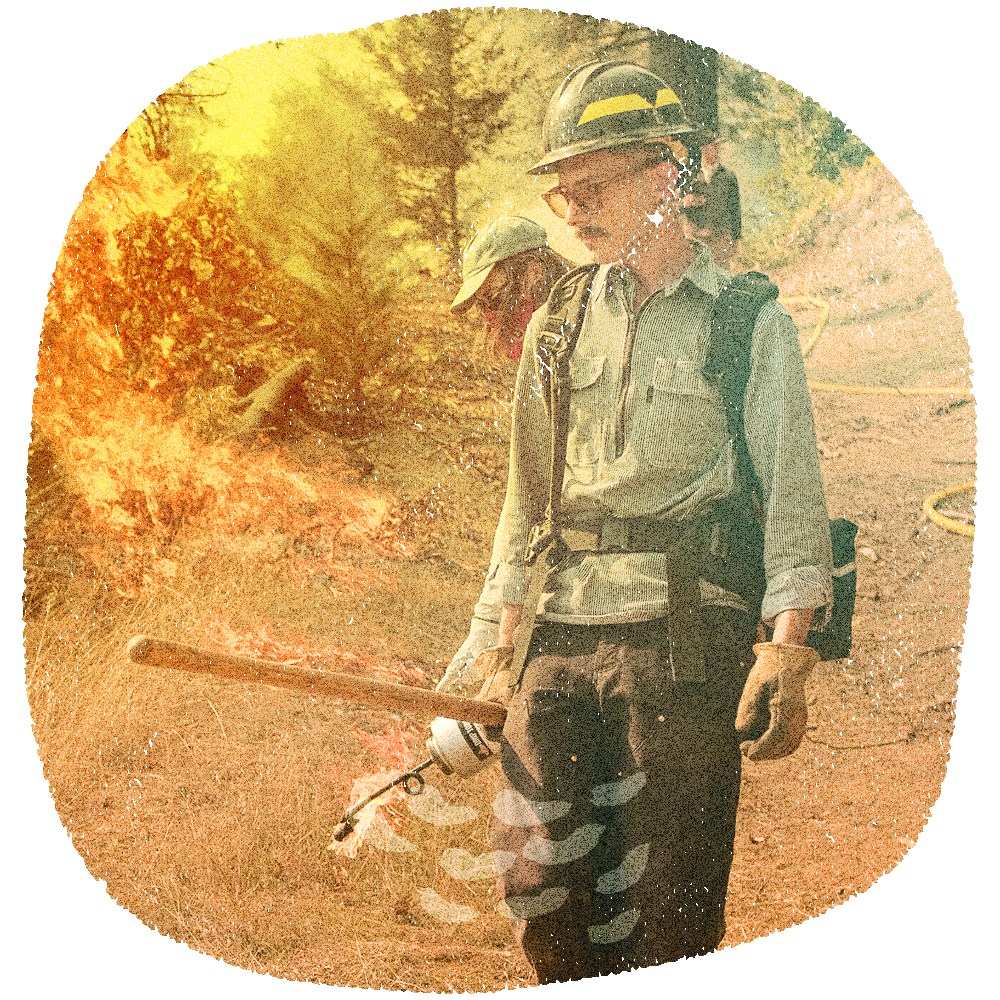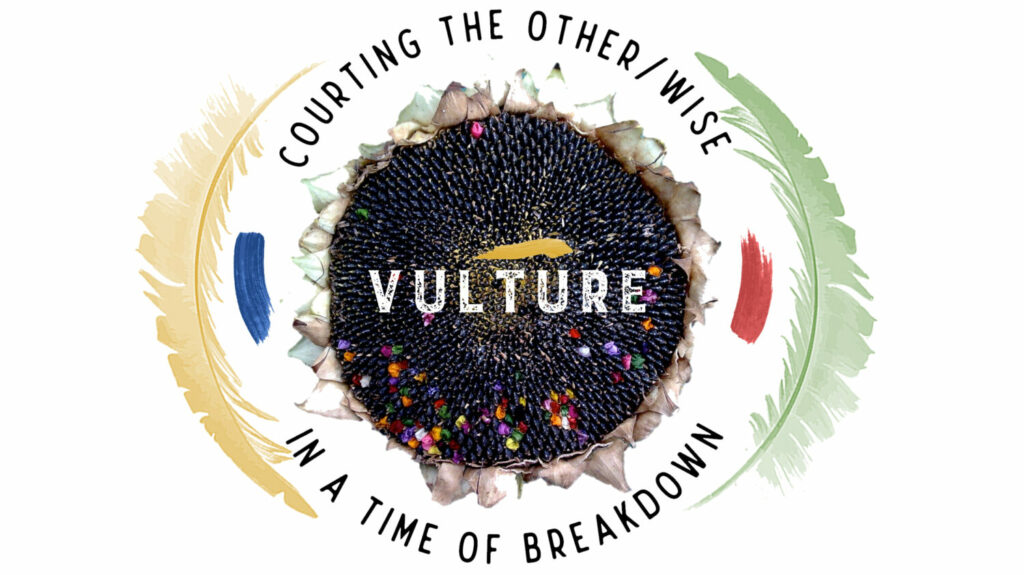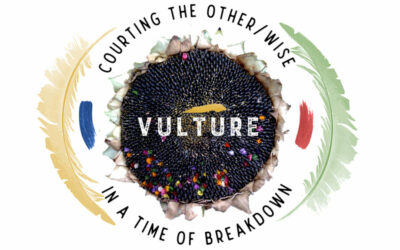
Vulture Project Description
Vulture offered participants a different shape of hope: hope not in solutions or saviours but in the smell of soil, the migration of birds, and the intense beauty of seeing each other dance at the edge of things.
Vulture was an on and off-line experiential co-inquiry into the textures of our troubled times which took place from April-June, 2019. The course was a 90-day journey of intimate inquiry and intentional uncertainty and an attempt to ‘skill up’ in matters of love, grief and listening to the other/wise. It was a call to turn and face the inescapable themes of breakdown and demise that now confront us, and to listen for what might be wanting to emerge… a call to meet a world wilder than our plots of survival, more complex than our algorithms, and more surprising and flirtatious than we can imagine. Vulture was action research, grief tending, ritual making and possibility. A simultaneously fierce and tender approach to knowing what it means to be human today and embracing the possibility that we might not be at the centre of things after all.
Here in the Anthropocene the age of mastery is dying. It has become increasingly hard for people to ignore that we are moving through cultural, social and ecological crises.
Physical and environmental science studies show that our planet is now in overshoot-and-collapse as we grapple with intensifying climate change, rapid depletion of top soils, ocean acidification, growing wealth inequality, increasingly corrupted media, and exponential technologies like artificial intelligence and bioengineering. Political leaders, corporate CEOs, and a significant part of the population seem oblivious to the ways industrial growth generates extreme social inequality, racial injustice, planetary-scale collapse, and great mental suffering and a profound sense of powerlessness. Through all of this, we are told to trust that the future will be better – and that it will be self-defeating to entertain feelings of hopelessness. We are encouraged to notice the brilliance of our technologies and the confidence of our epistemologies in the stern face of an increasingly irregular planet.
However, our confidence has met something greater. Our older road-maps no longer work, and the terrain does not respond to our steps like before. Everything has changed. The monster that now stands before us will not be circumvented. We cannot escape. Many of us already sense this. We sense that radically different modes of engagement are needed to richly respond to these existential, spiritual, political and civilizational crises that haunt us. We sense that we often reproduce our problems in an effort to solve them.
Our thesis is that when we slow down, we notice the world differently: we develop new capabilities and response-abilities that might help wiser bodies/systems to emerge. We re-member our intradependence. Vulture was based on the idea that how we got into this mess was an ignoring of understandings and necessities held elsewhere, and that perhaps we and these places of the other/wise are longing for each other.
In a courtship we lean in to each other, we write love letters, flirt, compliment. We surrender to something greater than us as the gods of love step in. At times we weep and wail, plead and prostrate ourselves to our beloved. At times we are our most beautiful and generous selves, made more by this. We are intrigued by each other and we open to intimacy. It takes courage, presence, humility, awkwardness and poetry to court the other/wise.
The principal curators for Vulture were Toni Spencer & Nuno da Silva, with support from Jiordi Rosales & Aerin Dunford.
Vulture Harvest: The Slow Conversation
Vulture [ten artifacts] Vulture offered participants a different shape of hope: hope not in solutions or saviours but in the smell of soil, the migration of birds, and the intense beauty of seeing each other dance at the edge of things. Vulture was an on and off-line...
Vulture Harvest: Stories of Going Feral
Vulture [ten artifacts] Vulture offered participants a different shape of hope: hope not in solutions or saviours but in the smell of soil, the migration of birds, and the intense beauty of seeing each other dance at the edge of things. Vulture was an on and off-line...
Vulture Harvest: The 3D’s Gallery
Vulture [ten artifacts] Vulture offered participants a different shape of hope: hope not in solutions or saviours but in the smell of soil, the migration of birds, and the intense beauty of seeing each other dance at the edge of things. Vulture was an on and off-line...
Courting the Other/wise
Vulture [ten artifacts] Vulture offered participants a different shape of hope: hope not in solutions or saviours but in the smell of soil, the migration of birds, and the intense beauty of seeing each other dance at the edge of things. Vulture was an on and off-line...
